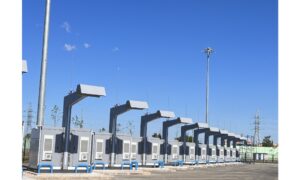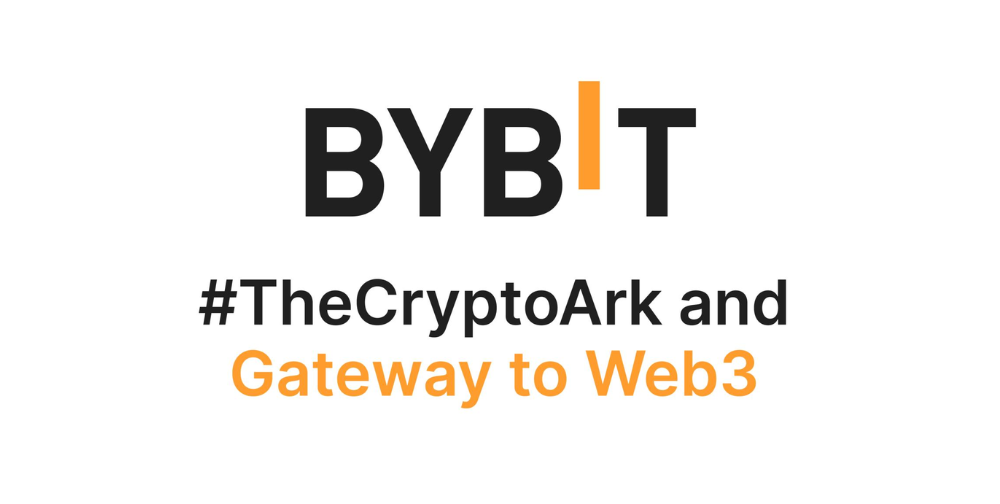For companies whose business relies on a fleet of vehicles, the real-time insight into the status and location of such assets is no longer an added value but an intrinsic operational need for optimal efficiency, enhanced security measures, and better delivery of customer services. Traditional methods of tracking a vehicle often fall short of providing the level of precision and real-time insights that modern technology now makes readily available. This guide explores the more intelligent and effective ways to track vehicles, emphasising the significant benefits and essential features of advanced tracking systems for businesses of all sizes and across various industries.
The Power of Real-Time Track Capabilities
The intrinsic drawbacks of manual logs, paper-based records, and other obsolete monitoring instruments are becoming increasingly apparent in today’s fast-paced and dynamic commercial environment. Inconsistent data collection, delays in accessing critical information, and the inability to take prompt action to address operational issues can lead to significant inefficiencies and unexpected costs.
No longer trapped responding to yesterday’s decisions—now today’s information is easily accessible at a glance simply by glancing at your screen. This transition from perpetual firefighting to being ahead of pending issues is a strategic paradigm shift. With a continuous flow of good information entering the business, companies are able to view and correct issues before they become disruptions and are able to change direction seamlessly to take advantage of unplanned opportunities as they arise.
Major Benefits of an Intelligent Vehicle Tracking System
An intelligent vehicle tracking system, once installed, offers a number of benefits to business entities that are key operational features. Increased operating effectiveness is obtained through dynamically routable optimisation, deletion of duplicate idle time, and maximum resource dispatch effectiveness. Improved security is facilitated by real-time location tracking and user-defined geofencing capabilities to protect against auto theft and misuse of the vehicle. Customer service excellence is provided through accurate ETAs and timely responses to requests. Additionally, continuous monitoring of driving patterns, fuel consumption habits, and maintenance needs can prevent unnecessary costs and enable preventive safety features.
After a vehicle tracking system has been bought, the firms are required to test for improved performance and list down the most important functions as their top priority. Real-time GPS location reporting for every company vehicle can be achieved by live GPS tracking. Geofencing is such that organizations can create virtual fences and automated alerts when vehicles cross over such boundaries. Long-term historic tracing stores history about previous paths and travel mediums. User-friendly, intuitive mobile apps allow fleet managers to monitor the fleet remotely via the internet. Powerful reporting and analysis give insight into performance measures critical to improved decision-making, with integration features to facilitate easy sharing of information among key business systems.
Use of Tracking Information for Continued Operations Improvement
The amount of data collected by a smart car tracking system is an asset to be planned and utilised effectively in the management of continued improvement in operational performance and general operation. Analysis of route history information can pick out repeat hotspots and potential locations for route optimisation. Monitoring driver behaviour can be used to enable effective driver training sessions for the purposes of incentivizing safe driver behaviour and fuel usage. Appropriate monitoring of engine and vehicle miles allows improved planning of maintenance, which contributes to reduced planned downtime and costly repairs. Through the effective use of vehicle-tracking information in making good decisions, firms can realise a direct relationship between greater efficiency and greater profitability.
Taking the Next Step Forward
In the competitive business environment of today, installing an intelligent vehicle tracking system is no longer a luxury but a strategic imperative for fleet-based operations. The return on investment is not only in terms of direct cost savings through optimised routes and lower fuel consumption but also in terms of increased customer satisfaction, improved security, and longer vehicle lifespans. As technology is growing more sophisticated by the minute, companies utilising such intelligent tracking platforms place themselves well ahead in operational superiority and command important competitive advantages in their target markets. Adapting the technology sooner allows companies to continue being quick and responsive in coping with the mounting pressures of business commerce while simultaneously developing a starting block for sustainable innovation and future business growth.
































